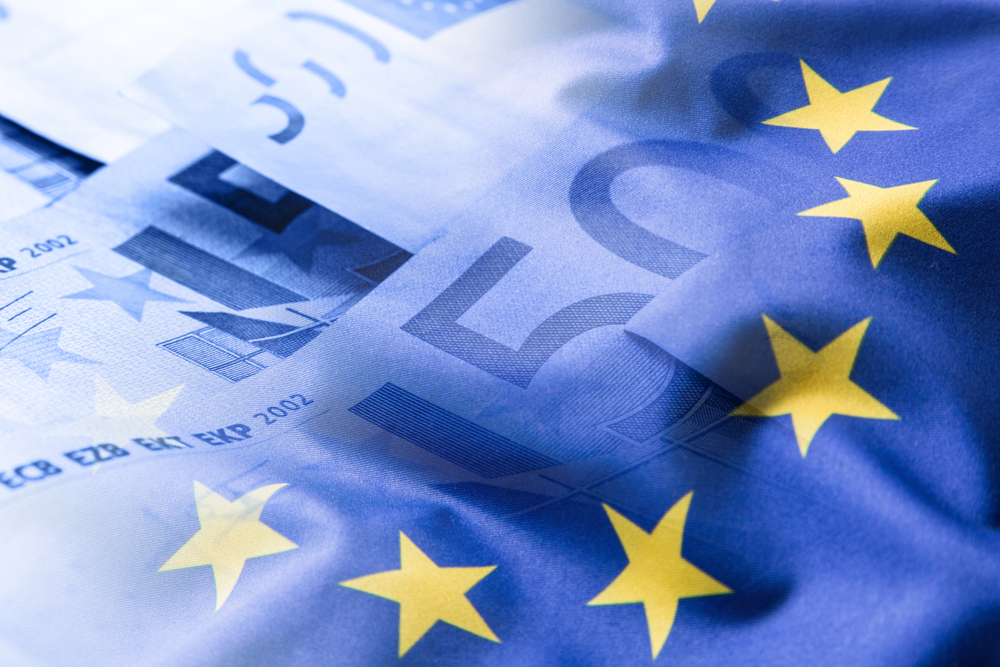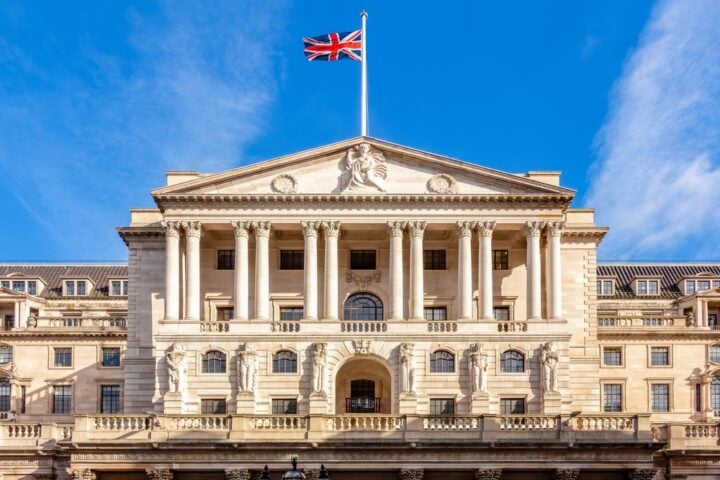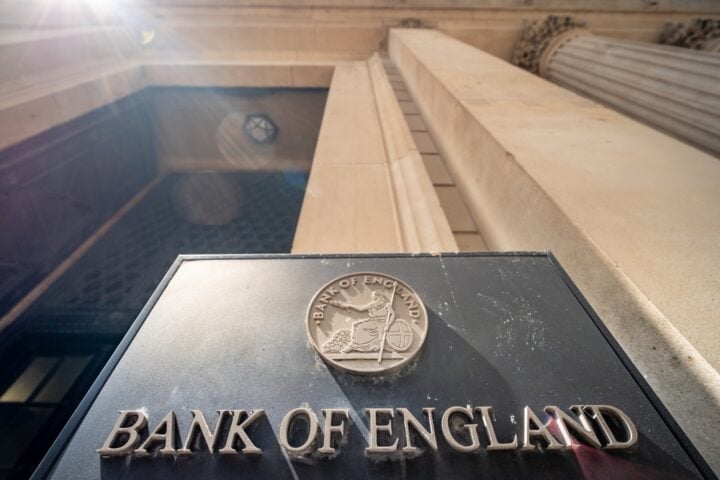Wages in the Eurozone surged 5.4% year-on-year in the three months to September, marking the fastest growth since 1993, according to data from the European Central Bank (ECB). This significant rise in negotiated wages comes as policymakers grapple with balancing inflationary pressures against a weakening economy.
Key Drivers of Wage Growth
- Germany’s Influence: The rise is partially attributed to one-off agreements in Germany, the EU’s largest economy.
- Core Data Exclusions: Negotiated wage growth excludes bonuses, overtime, and other compensations, focusing solely on baseline salary increases.
Despite this spike, the ECB anticipates wage growth will sharply decline by the second half of 2025 as inflation pressures ease and labor market conditions soften.
Impact on ECB’s Policy Decisions
The ECB has already lowered interest rates three times in 2024, bringing borrowing costs to 3.25%. Another 0.25% cut is expected in December as inflation moderates and demand stagnates.
Expert Insights:
- Lagging Indicator: Economist Elias Hilmer of Capital Economics noted that wage data often reflects agreements made long before current economic conditions, making it a lagging indicator of inflation.
- Survey Signals: Recruitment portal Indeed and the Central Bank of Ireland have observed a downward trend in advertised salaries since mid-2022.
Economic Challenges Beyond Wage Growth
While inflation in the Eurozone rose to 2% in October from 1.7% the previous month, the region faces more pressing issues:
- Flat Growth: The European Commission downgraded the Eurozone’s growth forecast, warning of a widening gap with the US economy.
- Recession in Germany: Germany is poised for its first two-year recession since the early 2000s.
- Labor Market Trends: Despite record-low unemployment at 6.3%, falling job vacancies and reduced labor shortages signal a loosening labor market.
The Outlook for Wage Growth
Analysts believe wage growth will decelerate in the coming years. IG Metall, Germany’s largest industrial union, recently secured a 5.5% pay rise over 25 months, much lower than the previous 8.5% increase.
ECB Perspective:
ECB Chief Economist Philip Lane indicated in the summer that wage increases are “peaking” and expected to slow sharply in 2025 and 2026.
Broader Implications for Workers and Businesses
- Economic Adjustments: Slower wage growth, coupled with reduced inflation, may ease economic pressures but could dampen worker spending power.
- Reduced Negotiation Leverage: As labor market conditions loosen, workers may find it harder to push for significant pay increases.
While the surge in Eurozone wages is notable, the broader economic picture points to slower growth and declining inflation pressures in the near future. Policymakers at the ECB face the challenge of navigating these trends to stabilize the region’s economy.







